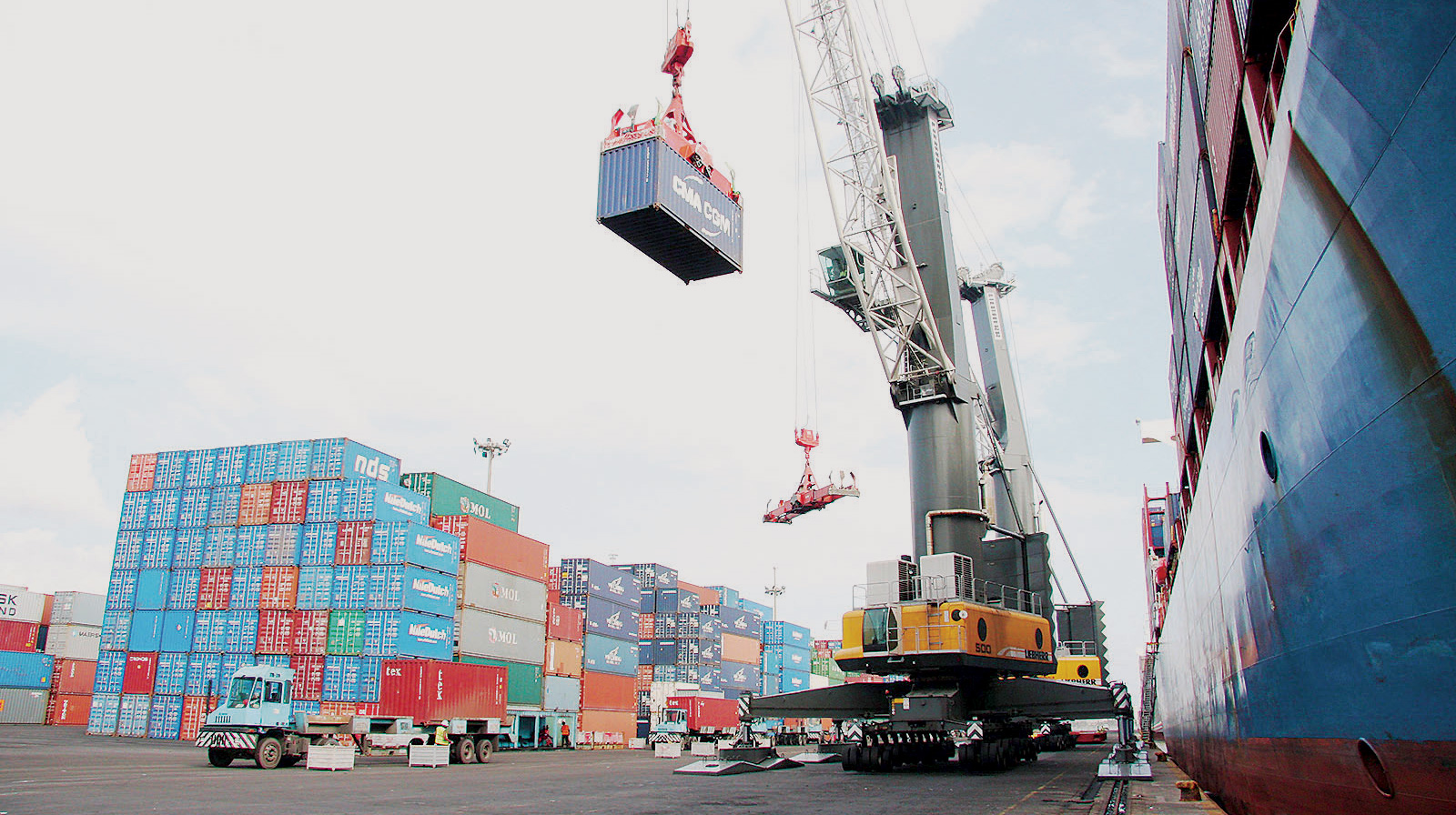

MUSCAT, NOV 3 - The European Union (EU) sees promising potential for amped up trade and economic ties with the Gulf Cooperation Council (GCC) and with the Sultanate of Oman in particular, according to top EU official. Vazil Hudak, Vice President of the European Investment Bank (EIB), cited Oman’s “strengths” — as revealed by a survey of potential EU investors — that bode well for enhanced investment inflows into the Sultanate, provided, of course, a list of “challenges and barriers” are suitably ironed out as well. “Opportunities here are huge,” Hudak remarked. “We believe Europe could be a strong partner for Oman and for GCC,” he stated during an international investor forum held in Muscat recently. The European Investment Bank is billed at the world’s largest financial institution with assets of over 600 billion euro.
Jointly owned by the 28 member states of the EU, the Bank lends around 70 billion euro annually, he said. Presenting on the theme, ‘Oman’s Positioning with Respect to Global FDI Trends’, the top EU banker addressed a gathering that included high-level Omani government officials, public and private sector decision-makers, and prospective international investors. According to the official, the framework for economic and political cooperation between the EU and the GCC states, including Oman, is set out in the 1988 EU-GCC Cooperation Agreement, which seeks to “improve trade relations and stability in a strategic part of Europe’s neighbourhood”. The agreement led to the creation of a joint council, as well as joint cooperation committee that meets annually, he said.
Separately, the EU signed a cooperation agreement with Oman in September 2018 to help reinforce bilateral relations. A year earlier, in May 2017, Oman and the GCC launched a dedicated dialogue on trade and investment issues, as well as the roles of the respective private sectors in driving this effort. “This dialogue provides a dedicated platform to tackle trade and investment related issues and enhance cooperation on matters of mutual interest, such as market access, regulatory requirements, and ways to encourage two-way trade and investment flows,” Hudak said. Citing UNCTAD’s 2019 World Investment Report, the banker noted that investment inflows into the Sultanate have been on the uptrend. “FDI inflows reached 4.1 billion euros in 2018, while Oman’s FDI stock has been largely restored since the 2010 crisis. (...) The overall amount is almost 29 billion euros, which is over 30 per cent of GDP,” said Hudak.
The official noted in this regard the United Kingdom’s position as the EU’s top trading partner with the Sultanate in 2018, and voiced hope that other EU countries would “catch up” as well. In his keynote speech, Hudak noted the importance of Special Economic Zones (SEZs) in attracting investment inflows. Duqm SEZ, which has so far pulled in around $11 billion in FDI, is a case in point, he pointed out.
But he underlined Oman’s potential to perform far better than its current 78th ranking on the World Bank’s ‘Ease of Doing Business’. The Sultanate should strive to get within the first 20, he noted.
In this regard, he went on to list the “strengths of the Omani market” as defined by prospective investors in the EU.
They include: Strong government investments in the infrastructure, health care and education sectors; Zero personal income tax; Full repatriation of capital, net profit and royalties; Proximity to other Gulf markets; and Good air connectivity to all major cities.
He added to this list the Sultanate’s “openness”, its “friendliness”, and the country’s “good relations with all your neighbours” as being equally important as well.
On the flipside, he lamented “challenges and barriers” that serves as potential impediments to enhanced trade and investment ties between the EU and the wider GCC bloc.
The list includes: Bureaucratic delays, lengthy gaps between decisions and their implementation on the ground, challenges in payment collection and repatriation of capital, paucity of skilled labour, cumbersome permitting systems, and payment delays, he noted.
Oman Observer is now on the WhatsApp channel. Click here



